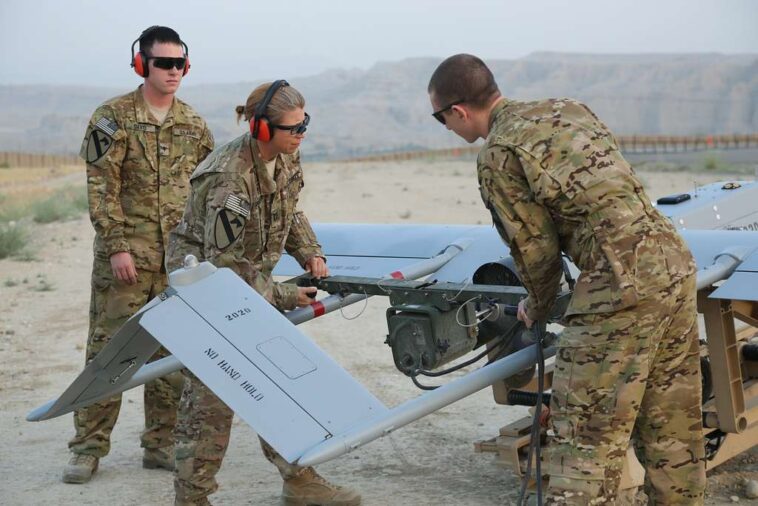
The Legitimacy of US Drone Warfare: Perceptions and Implications
Introduction
Drone strikes have become an integral part of US counterterrorism policy in Afghanistan and elsewhere. However, questions persist regarding the legitimacy of such strikes – both morally and legally. While the American public is often inclined to support military action deemed rightful, perceptions of legitimate drone warfare vary significantly across audiences, leading to debates about the appropriateness of drone strikes and their implications.
The Variations in Perceptions of Legitimate Drone Warfare
The legitimacy of drone warfare is shaped by the way countries employ and constrain their drone use. Tactical strikes, aimed at achieving battlefield goals, and strategic strikes, targeting terrorist organizations to achieve broader military aims, define the parameters of modern drone warfare. American citizens tend to view over-the-horizon drone strikes as legitimate, primarily because of the absence of external oversight. However, civilian casualties have also led to a shift in these perceptions, with international oversight being viewed as a necessary requirement for legitimate use of force.
The views held by US Army chaplains, who are responsible for advocating for moral, ethical, and religious considerations during conflicts, reveal an interesting paradox. Whereas chaplains support tactical strikes on the battlefield, they tend to be less supportive of over-the-horizon strikes. This contradiction appears to stem from concerns about the legality of the strikes and their implications for national security and intelligence veracity.
Implications for Policy and Military Readiness
The legitimacy of drone strikes is crucial to the public’s and military’s support for the US drone program. To increase support, policymakers and military leaders must adopt a more transparent approach, providing justification for transgressions of countries’ sovereignty and measures to protect civilians. Military lawyers and commanders must collaborate to ensure the strikes comply with international law, and intelligence driving drone operations is adequately explained.
Finally, fully autonomous drones pose new challenges that must be considered when evaluating the legality and legitimacy of drone strikes. Military lawyers’ interpretations of the laws of armed conflict may differ from chaplains. Incorporating these varied perspectives is critical in addressing questions of legitimacy that are fundamental to gaining civilian and military support for the U.S. drone program.
Originally Post From https://www.akronlegalnews.com/editorial/35023
Read more about this topic at
Drone Strike—Analyzing Public Perceptions of Legitimacy
US drone warfare faces questions of legitimacy, study …


